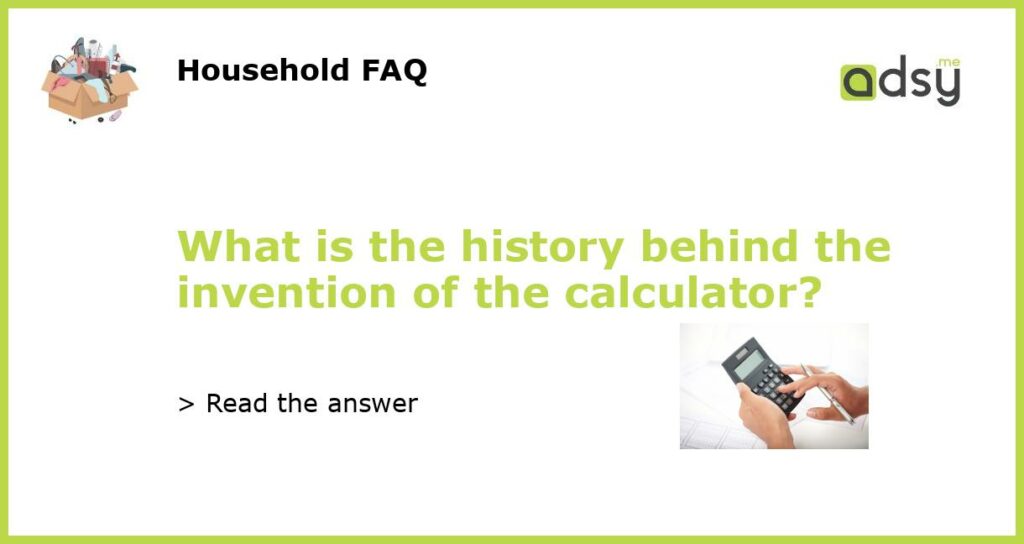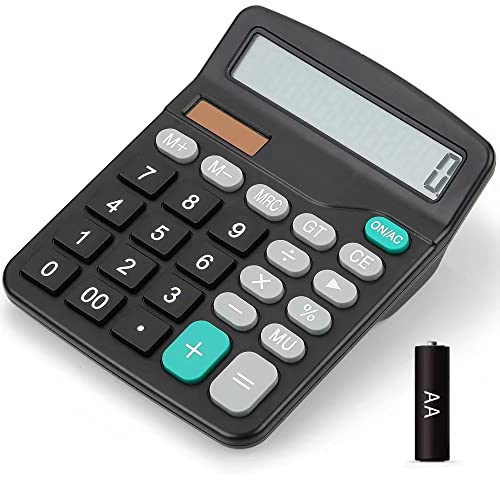History of the Calculator: How it Came to Be
Early Calculator Devices and the Abacus
Calculators are ubiquitous in modern society, but their history dates back thousands of years. The first known calculator device is the abacus, which was used by the ancient Chinese and Romans to perform basic arithmetic calculations. The abacus consisted of beads or pebbles on a wire or rod and was widely used until the 16th century.
The Invention of the First Calculating Machine
In the 17th century, the first mechanical calculator was invented by a German mathematician named Wilhelm Schickard. He designed a machine that could perform addition, subtraction, multiplication and division by utilizing toothed gears, but it was not widely known at the time. It wasn’t until the 19th century that Charles Babbage, an English polymath, designed the first machine that could be programmed to perform any calculation: the “Difference Engine.”
The Advent of Electronic Calculators
Electronic calculators were first invented in the 1960s and quickly became popular due to their speed and accuracy in performing calculations, as well as their portability. The first electronic calculators were relatively expensive and bulky, but by the end of the 1970s, they had become much cheaper and more widely available.
The Emergence of the Personal Computer and the Calculator App
The advent of the personal computer in the 1980s marked a significant step forward in the development of calculator technology. Many early personal computers included a built-in calculator program that allowed users to perform calculations quickly and easily. As personal computers became more powerful and software more advanced, calculator apps continued to evolve and improve.
The Future of Calculator Technology
Today, calculators are integrated into a wide range of devices, including smartphones, tablets, and smartwatches. Calculator apps are now more advanced than ever, with features such as graphing capabilities and scientific functions. As technology continues to evolve, it is likely that calculators will become even more powerful and versatile, continuing to play a key role in our daily lives.






